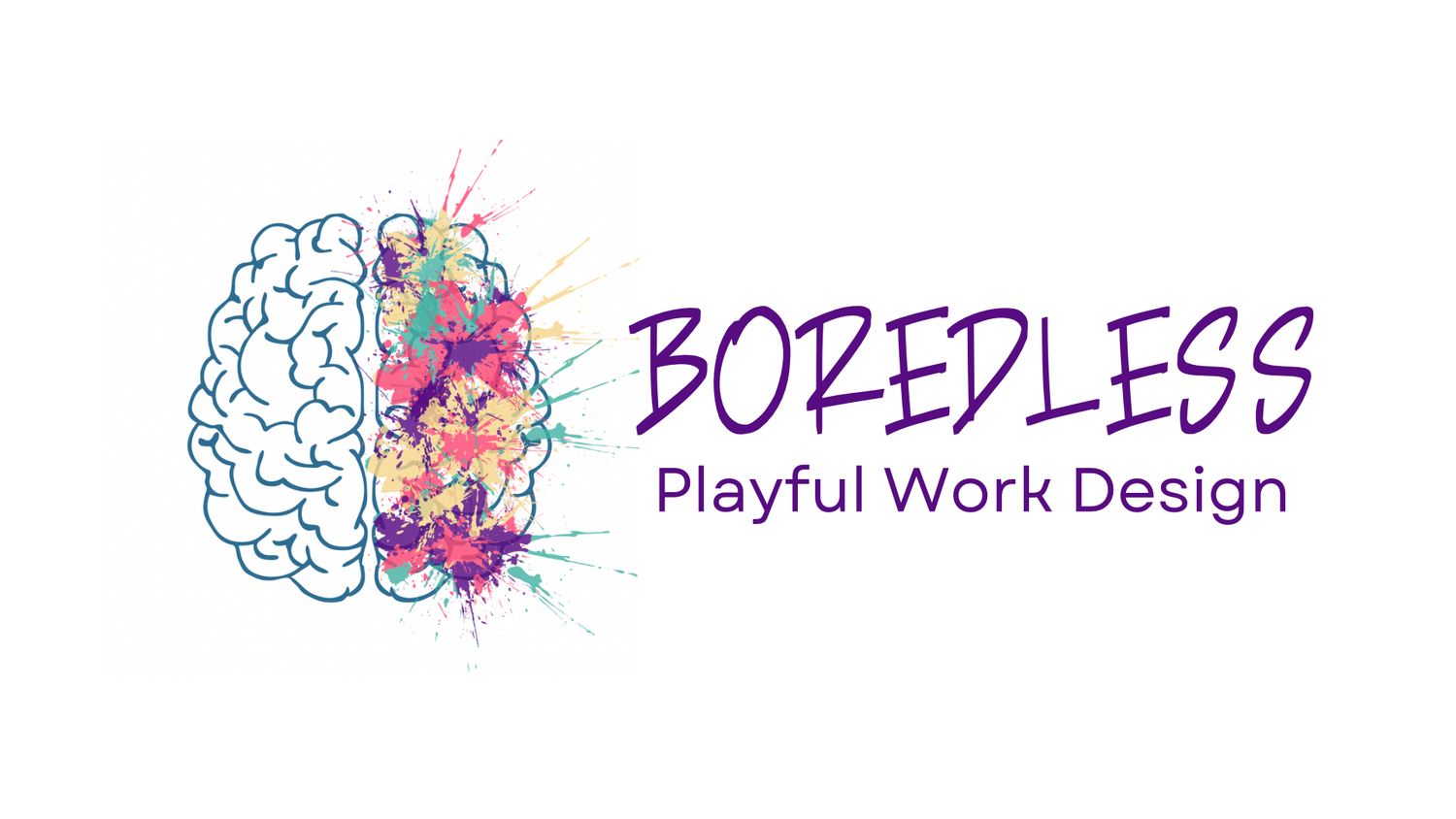Embracing Failure for Growth and Innovation
Failure – a word that often makes us cringe, a word fraught with nuance and varying connotations. I remember when my younger sibling was about 4 years old. They had started playing soccer that year and were telling me about their last game, over the phone. Their little, tiny, barely out of toddlerhood voice proclaimed, “we FAILED!” I was shocked. Who taught them (practically still just a baby) the word FAIL. I was ready to call the coach and share my mind, but my sibling kept chirping on about other parts of the game and quickly moved onto other topics. They didn’t hold any kind of shame or disappointment about that failure. As adults, as professionals, if someone tells us that we have failed, it’s unlikely that we would move on as quickly as my sibling. When we experience failure, we often want to hide, the experience and ourselves. But it’s not necessary, in fact, we should proclaim it with as much oomph as that four year old did! Embracing failure can be a game-changer for your personal and professional development.
The Power of Embracing Failure
Think of failure as a compass. It can help navigate your life's journey. Just like a compass points you in the right direction when you're lost, failure can redirect you towards your true path by highlighting what doesn't work.
Consider innovation. Some of the greatest inventions in history happened because someone didn't give up after a failure.
Thomas Edison famously said,
"I have not failed. I've just found 10,000 ways that won't work"
when talking about his quest to invent the lightbulb.
Failure forces us to think outside the box, come up with alternative solutions, and explore uncharted territory.
Strategies for Embracing Failure
Acceptance: The first step is to accept that failure is a part of life. Everyone, from the most successful entrepreneurs to the greatest artists, has faced it. It's not something to be ashamed of; it's a common thread in the fabric of achievement.
Learning from Mistakes: When you stumble and fall, take a moment to pick yourself up and reflect. What went wrong? What can you do differently next time? These questions can lead to insights that become your guiding lights.
Seeking Feedback: Don't hesitate to seek feedback from trusted colleagues or mentors. They can provide valuable perspectives and suggestions you might not have considered. Sometimes, an outside view can help you see the bigger picture.
Setting Realistic Goals: While it's great to dream big, setting realistic goals can save you from unnecessary disappointment. Achievable goals create a positive environment for learning from your experiences.
Celebrating Small Wins: Remember to celebrate your successes, no matter how small they may seem. Each victory is a step forward, and recognizing your progress boosts your confidence and motivation. (Celebrating can be champagne or simply sharing that win with a friend & a high five - however you celebrate, just mean it!)
So, the next time you face a setback or stumble on your path, don't view it as a failure. Instead, consider it a lesson, a chance to innovate, and an opportunity to grow. Failure is not the end; it's a stepping stone on your journey towards success. Embrace it, learn from it, and let it guide you towards brighter horizons.
It’s also important for organizations and leaders to implement this philosophy with their teams. Consider holding a Failure Awards event (in-person or remote!). Teams that are able to embrace failure and use it as a learning opportunity are more likely to be innovative and adaptable.
You can bring this engaging, introvert and neurodivergent-friendly workshop to your team as part of the Playful Team Toolkit.
Your team will explore the power of failure as a transformative tool, learn how to reframe failure as a learning opportunity, develop strategies for coping with failure and overcoming the fear of failure, and discover how to use failure to fuel innovation. Book yours today!








